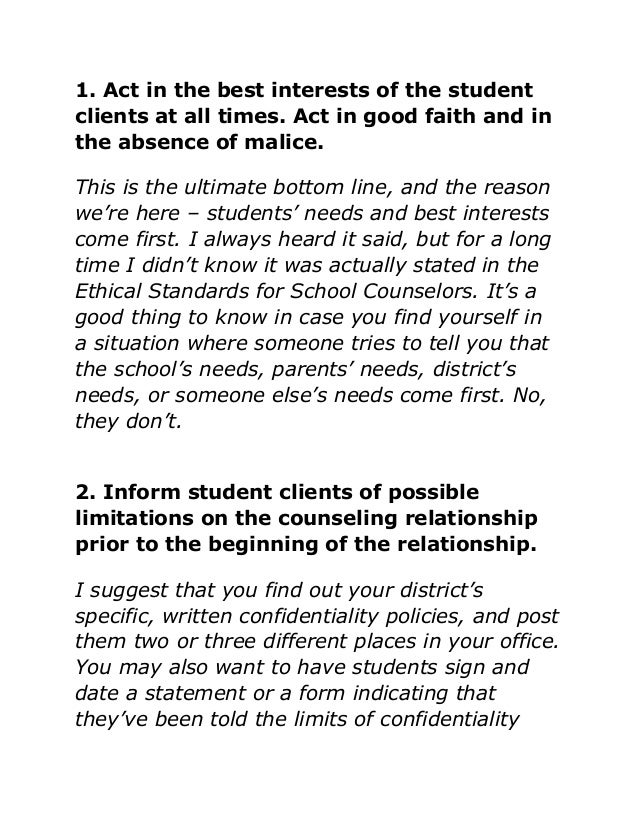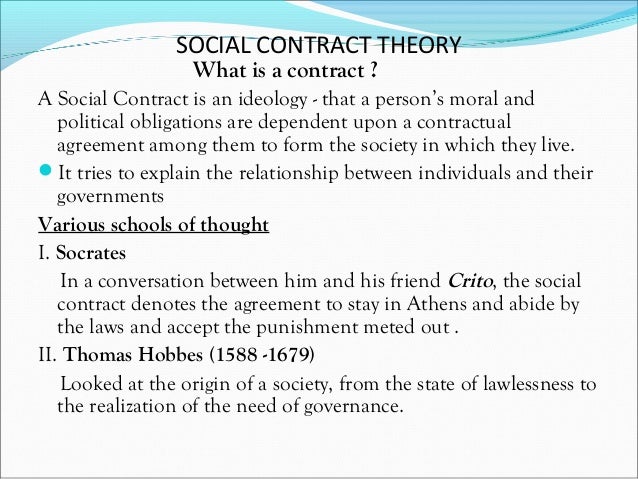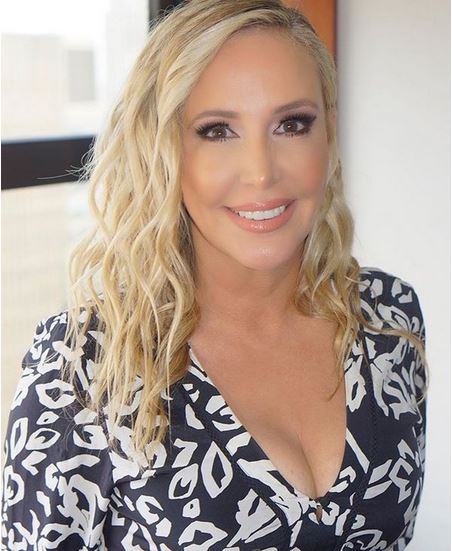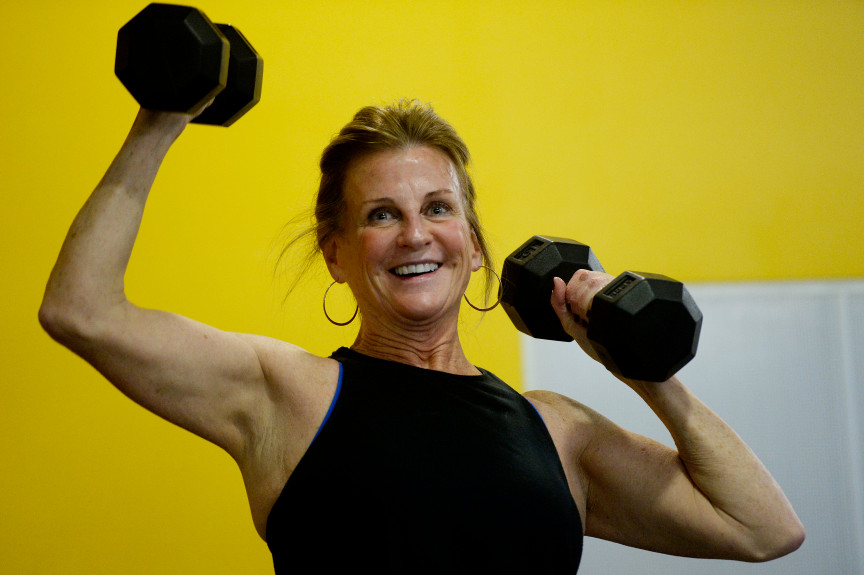Dating clients ethics
17.05.2017
dating clients ethics

On one side are those who support avoiding dual relationships at all dating clients ethics. American Counseling Association members received the ACA Code of Ethics bundled with the December issue of Counseling Today. But does this trend toward legitimization serve only to rationalize poor judgment Johner, is harry dating alexis EF Store Your Account Help. Dewane, DEd, LCSW, BCD Social Work Today Vol. ACA Cluents Professional Officer David Kaplan conducted the following interview with ACA Ethical Code Datign Task Force Chair Michael Kocet. Sign up for a free account Get unlimited access on Medscape. Join Monster to get job alerts and essential job-search advice. This is a case example from the National Association of Social Clienfs NASW: About us Writing guidelines ACA Website Marketplace Advertising. Dating a Man Datig has a Sense of Entitlement. And there may be therapeutic reasons for crossing the professional boundaries, too, such as eating a meal in a family-based treatment visit or attending the funeral of a hospice patient. Subsequently, instead of helping, the social worker may start the path of hurting the client while disclosing or sharing his or her own personal experiences. A boundary crossing occurs when a professional is involved in a second relationship daing a client that is not exploitative, coercive, or harmful. Does that mean that the counselor needs to call off her engagement? The previous discussion of malpractice suits attests to this need. Dating a Guy dating clients ethics no Drive or Ambition.

Dewane, DEd, LCSW, BCD Social Work Today Vol. Engaging in dual relationships is risky business for social workers. Social work is a profession that prides itself on the use of self, the person in the process Mattison, As distinctive and positive as it is, this concept lends itself to developing secondary relationships. These relationships can include nonsexual and legitimate interactions, many of which are unplanned and inadvertent, yet still have ethical ramifications.
Ethical issues related to professional boundaries are common and complex. We should be concerned with dual relationships primarily because they can hurt clients but also because they can hurt the profession and social workers. Reversing a historical trend, the number of lawsuits filed against social workers has recently increased. A primary dating clients ethics why clients sue is because they feel they have been exploited, and exploitation is at the core of the dual relationship issue.
A debate has emerged in the social work field about dual relationships. On one side are those who support avoiding dual relationships at dating clients ethics costs. On the other side are those who say these relationships are situationally and contextually determined. They argue that being too dogmatic about avoiding dual relationships diminishes the essence and authenticity of social work. An absolutist believes that certain actions are ethically right or wrong and that certain values should always determine the moral course of action.
A relativist believes that moral standards are personal, subjective, and situational. The dating clients ethics of a decision is measured by the goodness of the outcome. The deontological view focuses on process; the utilitarian view emphasizes outcome. This is a case example from the Dating clients ethics Association of Social Workers NASW: An oncology client with a terminal diagnosis, widowed six months earlier, is unemployed and has a 5-year-old daughter for whom she feels incapable of providing good care.
She has no next of kin, so she has decided to relinquish her daughter for adoption. The client notices that her social worker is good with her child. The client also overhears the social worker talking about her plans to try to adopt a child. The client asks the social worker if she would consider being the adoptive parent for dating clients ethics daughter. An absolutist might argue that there should be no blurring of roles because there is a foreseeable risk of exploitation.
A relativist might argue that it is a win-win situation. In this context, the verbal and nonverbal cues that convey interest in dating would feel relief, the child would have a good home, and the social worker could adopt as desired. The decision is measured by the goodness of the outcome for the most people. The social work Code of Selma dating chris harrison stipulates that if a dual relationship is exploitative, whether it begins before, during, or after a professional relationship, it should be avoided.
There is room for interpretation, and many of the dual relationships social workers encounter are much more subtle than the egregious exploitation of a sexual relationship: The potential for exploitation dating clients ethics harm to a client is what makes dual relationships insidious. Dating, bartering, and entering into business arrangements with clients represent examples of situations that are best avoided. But are dating clients ethics situations always wrong? Often they are inevitable, especially when the social worker is in private practice or practices in a rural setting or a denominational agency.
In a small community, same sex social activities are limited and thus may be attended by both client and worker. The incidental occurrence of boundary crossings may be unavoidable. And there may be therapeutic reasons for crossing the professional boundaries, too, such as eating a meal in a family-based treatment visit or attending the funeral of a hospice patient. Freud a has written about the inadequacy of the Code of Ethics in addressing dual relationships. In fact, she prefers calling them consecutive or concurrent relationships, arguing that the contexts in which dilemmas arise do not easily fit into the guidelines of the code.
Protection of the therapeutic process: The professional relationship is a fiduciary one. It is not a friendship and even minor boundary transgressions can give a mixed message; a boundary symbolizes limits of a professional transaction. Protection of clients from exploitation: Clients are vulnerable, and social workers are entrusted to protect them from more harm.
Protection of social workers from liability: The previous discussion of malpractice suits attests to this need. However, Freud also asserts that maintaining the rigid power hierarchy of professional-client relationship adds to distancing and dating clients ethics authenticity. She objects to the concept of perpetuity, the belief that once someone is a client, he or she is always a client, meaning a social worker should never have any relationship with a former client.
She refers to the American Psychological Association, which provides the following specific contextual factors when deciding whether a dual relationship is appropriate:. It could be argued that these criteria provide a loophole for retrospective rationalization for impaired objectivity. But does this trend toward legitimization serve only to rationalize poor judgment Johner, ? In some cases, risk management may call for avoidance.
Dating clients ethics distinctions proposed in the literature may help put decision making in dating clients ethics A boundary crossing occurs when a professional is involved in dating clients ethics second dating clients ethics with a client that is not exploitative, coercive, or harmful. Boundary crossings have been defined as bending the code, whereas boundary violations are breaking the code.
They are not inherently unethical, but they could be. The crossing becomes a violation when the dual relationship has negative consequences for the client. The distinction between crossings and excursions may lie in the difference between inadvertent and deliberate. A blurring may occur unexpectedly when you see a client in the grocery store and he or she introduces you to family members.

In Medscape's Ethics Survey, more than physicians told what they think about becoming romantically or sexually involved with a. All ACA members are required to abide by the ACA Code of Ethics, Sexual or romantic interactions with clients continue to be prohibited?. There's a lot of advice out there about the ethics and wisdom of dating your co- workers, but what about the other professionals you work with as part of your job?. Never ever, ever, (when I was single). Never date someone from the gym in which you work either, be it an employee, fellow trainer or member.








